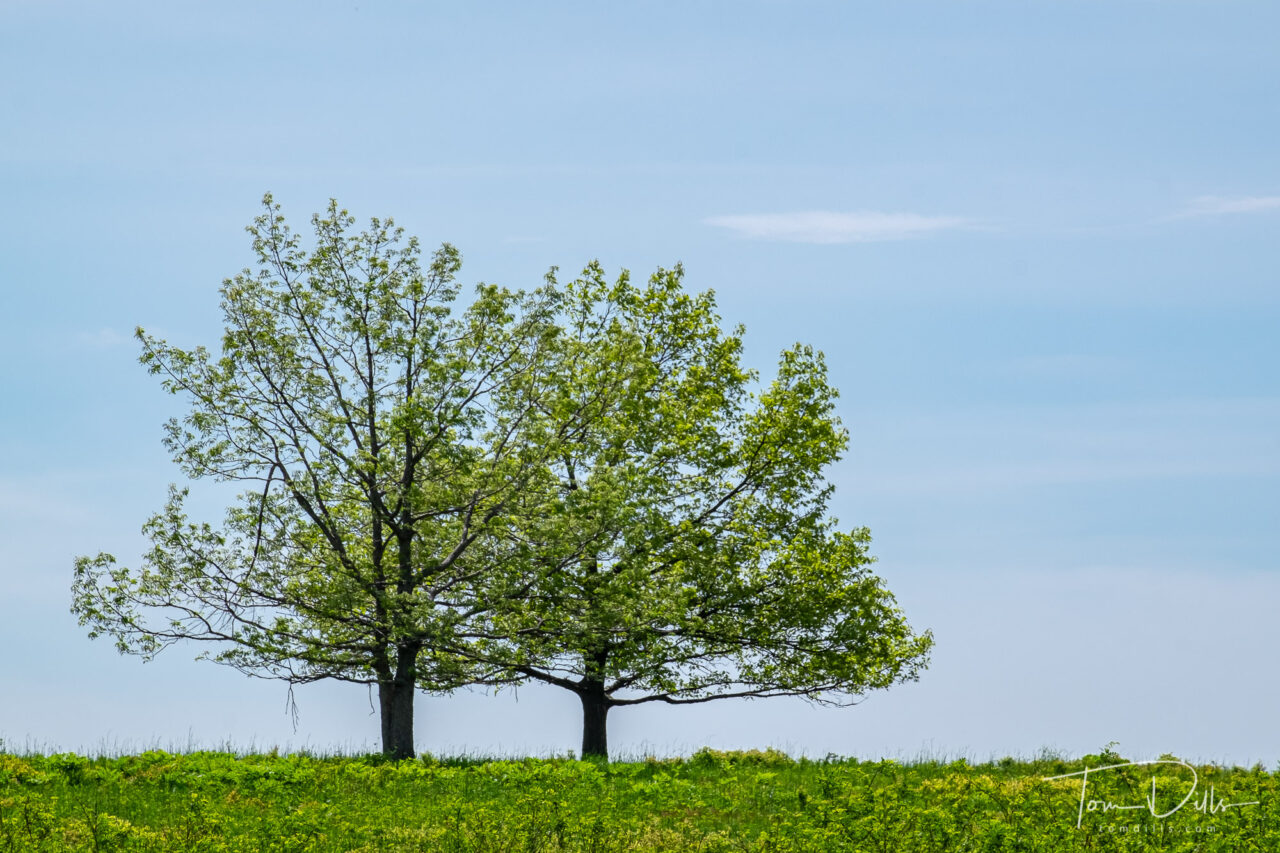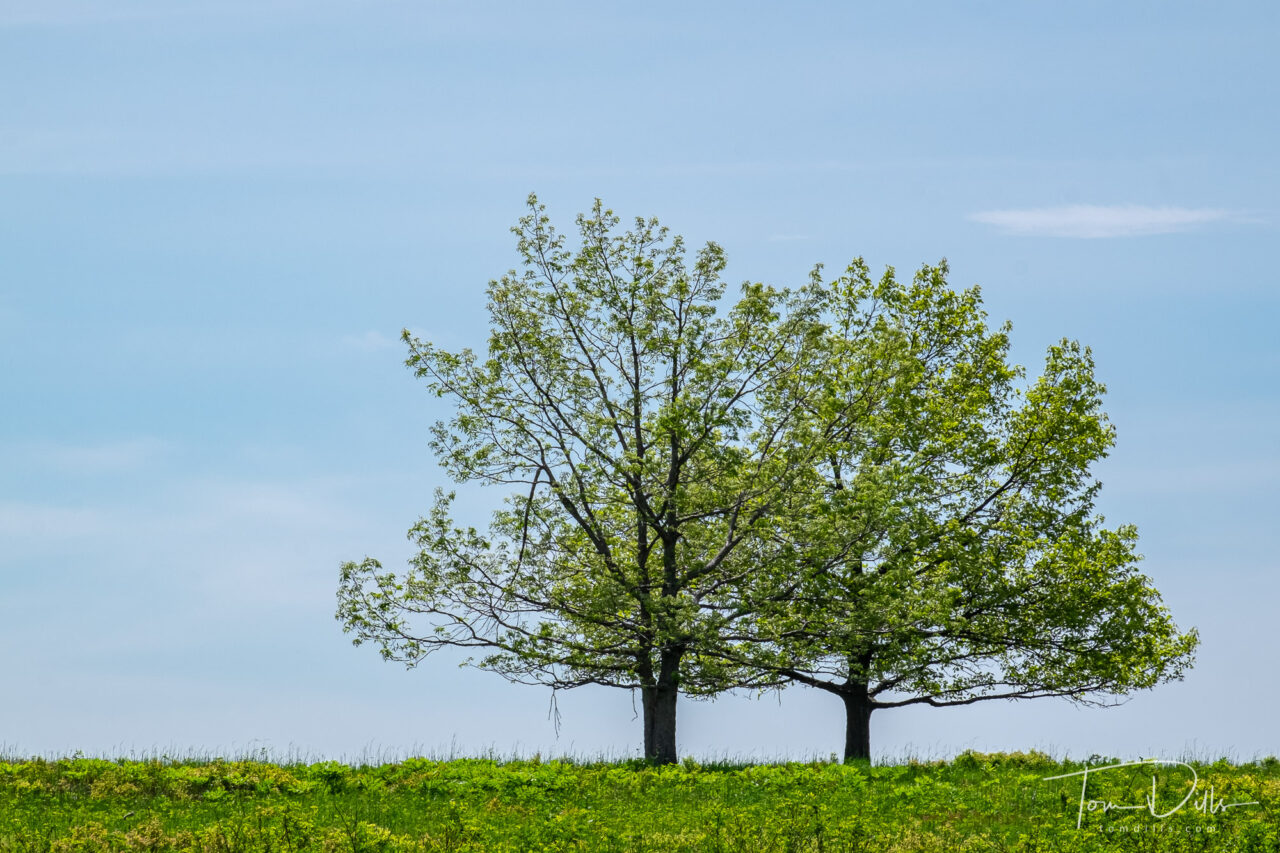
Kirk Tuck recently used this phrase in regards to making choices between camera options, specifically about different lenses. The full quote follows:
The “science” of optical design can not have changed a tremendous amount in four or five years so you have to understand that the “new versus old” shift is largely a recalibration of compromises. Buy the new one and watch your left biceps atrophy. Buy the old one and suffer the dreaded effects of manual portage. Suffer the ruinous added weight of the original for the extra 1% of quality in the corners or choose the lightweight version and forever wonder how much optical magic they had to remove to get the lens corpulence under control.
It occurred to me, however, that the concept applies in a much broader context, especially in recent months.
Every decision we make requires some effort to balance the options, to compromise. Do I want the camera with the big sensor that is huge, heavy and requires a large suitcase to cart around, or am I better off with the compact camera with a smaller sensor, small but excellent lenses and “good enough” image quality? We want to travel – we love to fly but not not any time soon. We have spent a lot of time on cruise ships but won’t for a while. Our trip to the beach worked out really well – just like living at home but with better scenery. 😉
We love to eat our but have limited our restaurant outings. We’ve gotten even better at preparing simple but delicious meals at home – much to the delight of the bathroom scale!
Kathy and I are currently in the process of planning a road trip to the Pacific Northwest. The places we’re planning to visit are the places where we’re less likely to encounter big crowds. As crazy as it sounds, we’ll probably drive within a few miles of Yellowstone or Glacier National Parks, but have no intention of stopping. First, crowds are not our thing. We probably would be doing pretty much the same thing even without all the Coronacrisis hoopla. But second is that we don’t want to have to deal with the logistics of large crowds. Third is that when we do go to those parks we want to be able to spend several days or even a couple of weeks there. That isn’t the plan for this time.
Our recent drive to Ohio and Wisconsin taught us that we can eat, sleep, pee and get gas just about anywhere. Sometimes it requires a little compromise on location or timing, but it can get done. Ultimately, once we solve that basic equation we can go just about anywhere!
People ask us why we don’t buy an RV. For some people it’s the perfect solution. For us, we like knowing that when we get to the motel, tired after or driving or exploring all day, we don’t need to spend another hour setting up camp. I can have cocktails made within minutes after arrival! And the next morning, we grab a cup of coffee, drop the keys at the front desk and get on our way again. Neither option is right or wrong, just different ways to calibrate the compromises.
None of our choices are either/or or yes/no. We need to consider what we can do instead We have to look at the options and recalibrate our compromises. Our priorities, if you will. It can be hard, particularly for those of us who don’t care for change. But the effort is worth it, because there are still plenty of things to do once we have worked out the details.


Try the National Bison Range if you get close. It is sorta southwest of Kalispell.
Don
We may be in Missoula before we head over to the Palouse and that is right up the road. I’ve added it to my calendar. Thanks, Don! 🙂
Yes on the compromises. I’ve been learning more about that over the past several years, mainly due to aging and money restrictions. The pandemic has also increased the compromising of living life.
Compromises with my photography gear happened several years ago when I began downsizing. I’m not a professional who needs to carry around heavy gear but a photographer who wants those decent images with lighter gear.
And compromises can still mean positive results! 🙂